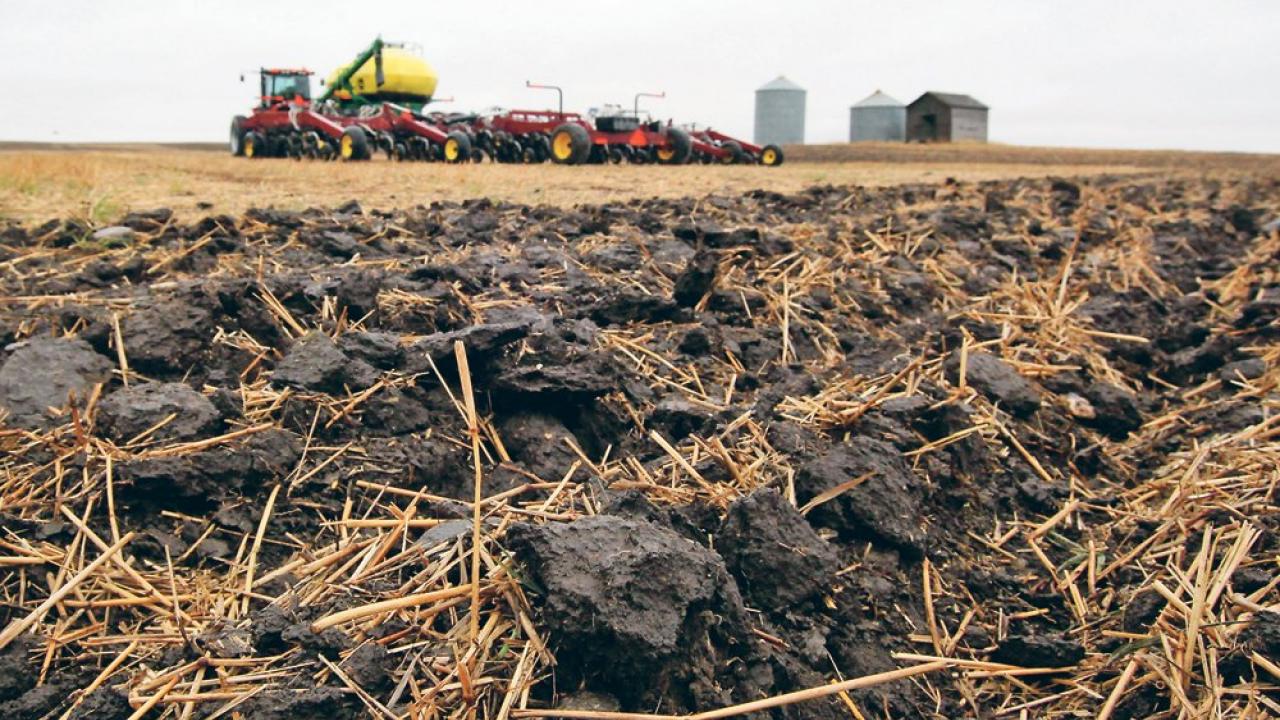
Compost, cover crops increase carbon in soil
Article from The Western Producer featuring Nicole Tautges from the Agricultural Sustainability Institute:
A study finds increasing soil organic carbon, such as compost, is critical to increasing long-term soil carbon storage
In a 19-year study at the University of California, Davis, scientists dug six feet down in a study plot to compare changes in soil carbon in conventional, cover-cropped, and compost-added plots of corn-tomato and wheat-fallow cropping systems.
Their findings showed that soil health and the importance of carbon is more complex than often realized but, with the right management, the soil is a huge natural resource where carbon can be sequestered.
The implications are that the right applications not only help to slow the rapid rise of carbon in the atmosphere but foster effective sustainable agriculture.
The study showed that conventional soils neither released nor stored much carbon. Cover-cropped conventional soils increased carbon storage in the top 30 centimetres but lost significant amounts of carbon deeper than that. However, when both compost and cover crops were added in the organic test plots, soil carbon content increased 12.6 percent over the 19 years of the study. That represents 0.07 percent annually.
The study underscored that increasing soil organic carbon, in this case compost, is critical to increasing long-term soil carbon storage and potentially improving climate change mitigation in agricultural systems.
“We used poultry compost,” said Nicole Tautges, cropping systems scientist with the UC Davis Agricultural Sustainability Institute.
Comments